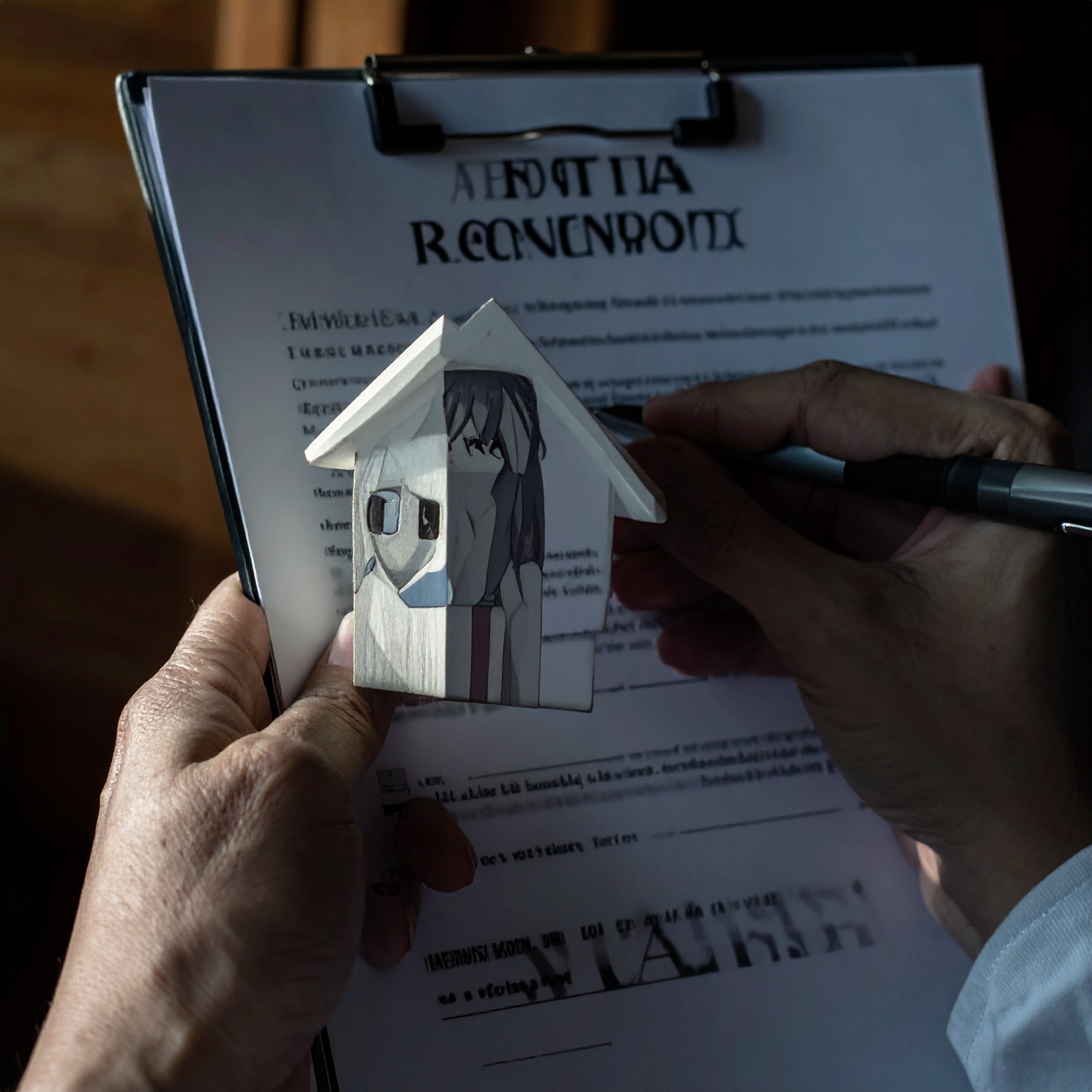In Japan, residential lease agreements are most commonly structured with a two-year term. Upon expiration of this period, tenants typically face a renewal phase. At the time of renewal, changes may occur in rent or contractual terms, and tenants may also be required to pay renewal fees or update insurance policies.
Nevertheless, many tenants are left wondering: “Is the renewal automatic?”, “Can I continue residing without taking any action?”, or “Are formal procedures required to renew the lease?” Failing to properly address these aspects may result in unexpected complications or disputes. Thus, it is critical to fully understand how the lease renewal process operates.
This article offers an in-depth explanation—grounded in practical knowledge—of the different types and mechanisms of lease renewals, the necessity of formal procedures, key clauses to review within the lease agreement, and the essential precautions tenants should take to ensure a seamless continuation of their tenancy.
What Does “Lease Renewal” Mean After Contract Expiration?
In the context of a residential lease in Japan, a “renewal” refers to the process by which a tenant and landlord mutually agree to extend the lease period beyond its original term, allowing the tenant to remain in the same residence. Upon renewal, this agreement may either involve signing a new contract or continuing under the existing terms and conditions.
Typically, tenants will receive a formal notice regarding the renewal—issued by the property management company or landlord—approximately one to two months before the lease expires. This notice may include instructions for paying a renewal fee and submitting updated documentation. If the tenant chooses not to renew, they are required to submit a termination notice by a specified deadline.
Alternatively, if no action is taken and the lease term expires without explicit renewal arrangements, the agreement may transition into a “statutory renewal” under Japanese law. In such cases, the lease continues under the same general terms as the original contract, unless otherwise specified.
The Difference Between “Automatic” and “Manual” Lease Renewals
Lease agreements in Japan always include clauses pertaining to renewal, clearly specifying whether the contract is subject to “automatic renewal” or “manual renewal.” Understanding this distinction is essential, as failure to take the appropriate action could result in the unintended termination of the lease.
An automatic renewal means that the lease continues under the same terms if neither the tenant nor the landlord expresses an intention to terminate it at the end of the contract period. If the lease agreement includes language such as “the lease will automatically renew upon expiration,” no formal action is generally required.
However, it is important to note that while no formal action may be required to extend the lease itself, additional obligations—such as the payment of renewal fees, updating fire insurance, or renewing arrangements with the guarantor company—may still be necessary depending on the terms of the agreement. Therefore, the process should not be considered entirely free of procedural requirements.
In contrast, a manual renewal requires the tenant to actively complete specific procedures—such as signing renewal documents and paying associated fees—upon receipt of notice from the landlord or property manager before the lease term ends. If a tenant intends to continue the lease but fails to complete these steps, the agreement may be deemed expired, potentially resulting in mandatory move-out. Diligence is therefore crucial in manual renewal scenarios.
Renewal Fees and Their Treatment
In Japan, it is common—particularly in urban areas—for tenants to incur a renewal fee each time a lease is extended. This fee is enforceable if stipulated in the lease agreement.
The typical renewal fee ranges from half a month’s rent to the equivalent of one full month. If the contract contains a clause such as “a renewal fee equivalent to one month’s rent shall be paid to the landlord,” the tenant will be billed accordingly.
While there are properties that do not charge a renewal fee, such cases often feature higher monthly rents or may impose a separate “administrative renewal fee” ranging from several thousand yen to approximately ¥10,000.
Additionally, other costs—such as fire insurance and rental guarantee service renewals—may be reviewed or require re-contracting at the time of lease renewal. Consequently, the total renewal-related expenses can amount to several tens of thousands of yen, depending on the property and contract conditions.
Key Clauses to Review in the Lease Agreement
When it comes to lease renewals, it is essential to carefully review how the terms are outlined in the lease agreement. Particular attention should be paid to the following clauses:
-
Contract duration and whether renewal is permitted
-
Renewal method (automatic or manual)
-
Renewal fee amount and payment deadline
-
Notice period for non-renewal (typically one month prior)
-
Provisions after lease expiration (e.g., statutory renewal applicability)
-
Renewal conditions for fire insurance and guarantor service agreements
In particular, tenants should be aware of the distinction between ordinary leases and fixed-term leases. Under a fixed-term lease, the agreement is intended to conclude at the end of the term, and renewals are generally not permitted. It is important to understand which lease type applies to your tenancy and plan accordingly.
What to Do If You Do Not Receive a Renewal Notice
Under normal circumstances, tenants should receive a renewal notice from the landlord or property management company prior to the lease expiration. However, due to occasional administrative errors or postal issues, this notice may not be delivered. If the lease agreement stipulates automatic renewal, the tenancy typically continues under the existing terms. Otherwise, it is risky for a tenant to assume they may remain without confirmation.
If the renewal period is approaching and no communication has been received, it is highly advisable for the tenant to proactively reach out and confirm the status. This is particularly important if the lease contains a clause stating that the contract will terminate unless a renewal procedure is completed. In such cases, inaction may result in automatic termination.
Furthermore, the continuation of rent payments—such as ongoing bank withdrawals—does not in itself constitute an official renewal. It is essential to confirm whether a formal written agreement has been established to ensure legal clarity and avoid potential disputes.
Terms May Change Even Under Automatic Renewal
Even when a lease is set to renew automatically, certain contract terms may be subject to revision at the time of renewal. Common examples include adjustments to rent, increases in management fees, or changes in how building facilities are maintained or utilized.
In such cases, the landlord will typically issue written notice outlining the proposed changes. The renewal proceeds under the revised terms once the tenant agrees. If the tenant does not consent, they retain the right to decline the renewal or enter into negotiations regarding the terms.
If changes are made unilaterally without notice or agreement, tenants should review the lease agreement and consider their legal options, including formal negotiation or legal recourse, to ensure fair treatment and contractual compliance.




